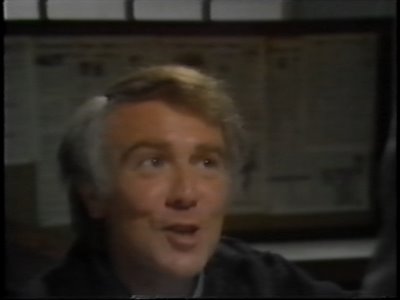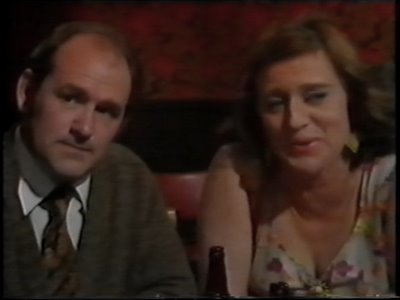"I know what I like and I like what I know..."
Was that phrase originally coined by Genesis on their 1973 album
Selling England By The Pound?
No.
My old Uncle Ern used to come out with it on a regular basis way before the '70s to defend his "stick-in-the-mud" ways to my go-ahead Auntie Vera and soap characters like Amos Brearly in
Emmerdale Farm (not exactly a pop person) were sometimes heard to utter it.
And a mate of mine had a granny who regularly used it to describe "stick-in-the-mud" types she encountered.
It seems to have been in fairly widespread circulation.
Why has this come up? Well, basically, me and a few of the lads were talking about it last night in the pub...
Moving on, and in a packed post tonight we'll take a look at
Rex King's Teletopics from the
Weekly News, October 19, 1974...

Too many birthdays on the
Golden Shot, Hughie Green on the
Morecombe & Wise Show, the wonderful
Sykes (the Bogsea episode was another brilliant retelling of a story from the original 1960s run of the series
),
Warship and a brand new series,
Sweeney, being filmed in London. But would it challenge
Kojak?
Meanwhile, big change for afternoon telly, with
Marked Personal being replaced by new serial
Rooms...
I remember both, particularly
Marked Personal, which featured Stephanie Beacham
.
MP revolved around a company called "The BYA". But does anybody remember what those initials stood for? And what the company actually
did? If so, please drop me a line!
I'd certainly sleep a lot easier...
 From the Sun, November 15, 1973:
From the Sun, November 15, 1973:













